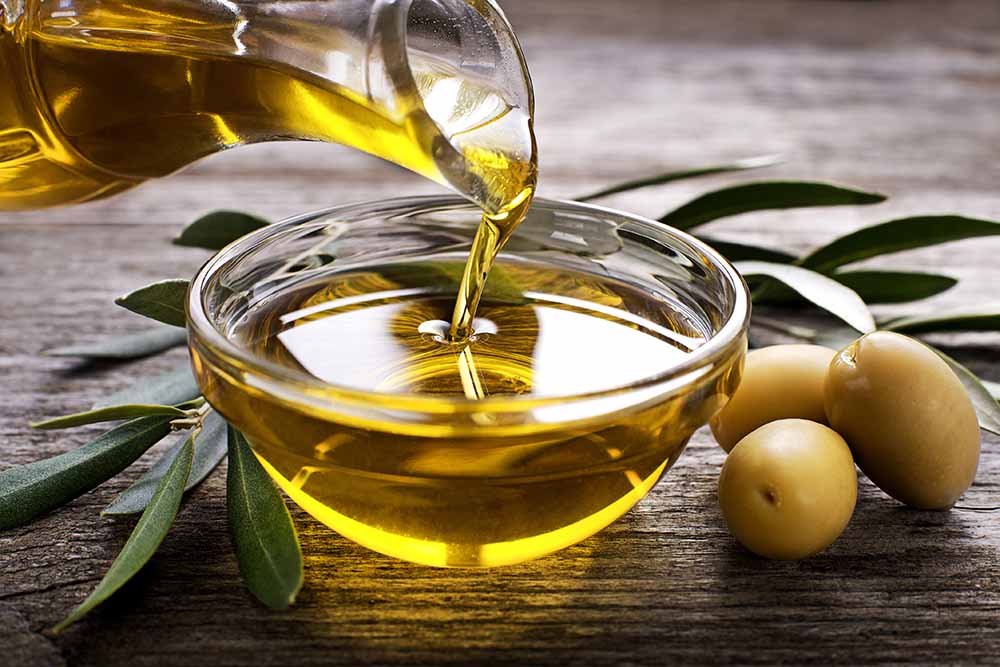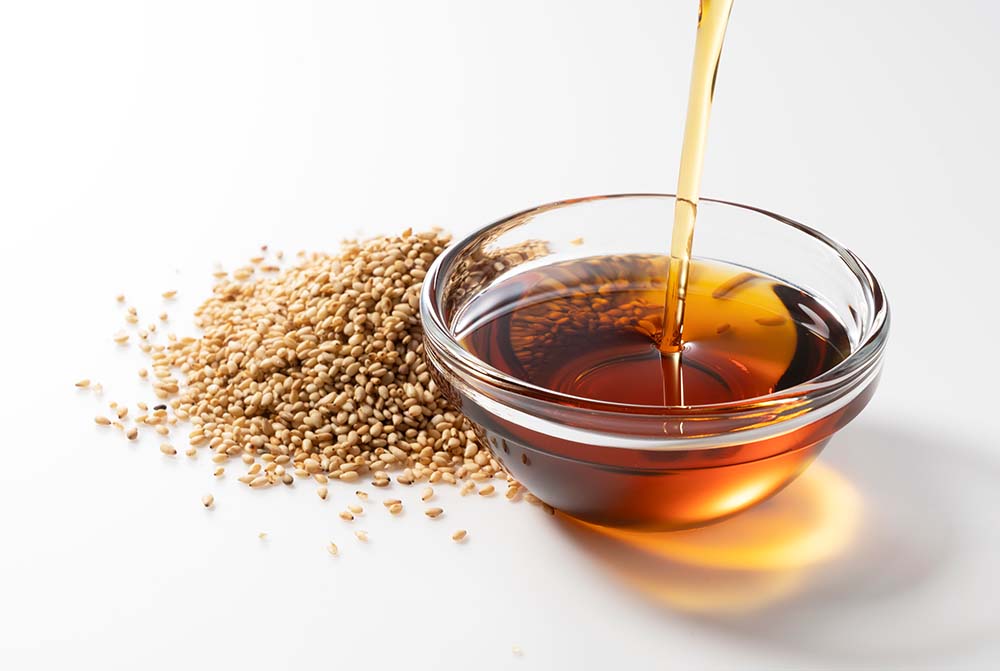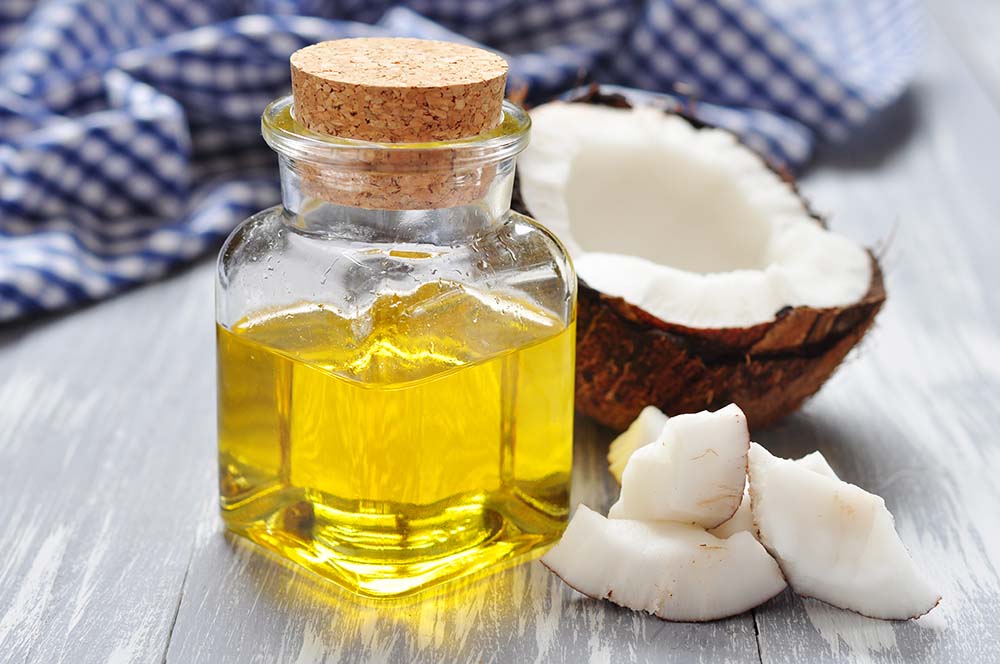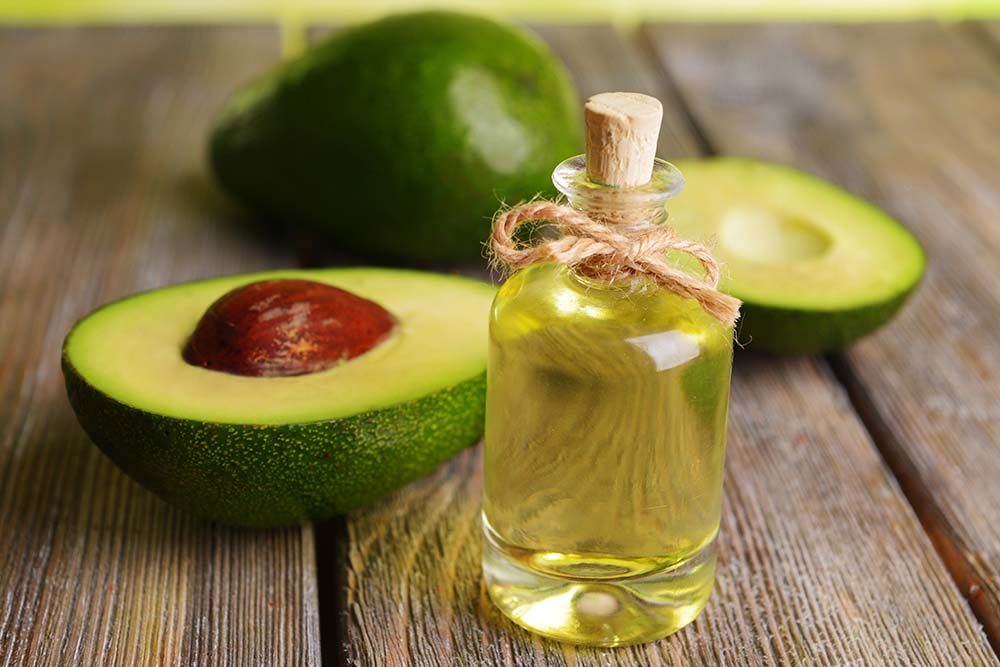While cooking, deciding on which healthy cooking oil to use is not an easy task. The best cooking oils have health benefits and also help enhance the taste of your dish. However, not all oils are created equal. Each oil has different properties that make it unique and
The following article is going to show you 10 of the best cooking oils out there that you should consider using for better health and better cooking dishes.
Next time you're in search of healthy oil, choose from one of these:

Olive Oil
For every tablespoon you consume, you'll get around 120 calories and 14g of fat (10g saturated), not to mention all those antioxidants and polyphenols that protect your body from heart disease and other ailments. Olive oil is a commonly used oil for salad dressings.
This is easily the best cooking oil for health if you need to impart a lot of flavour to your food. It is rich in antioxidants, making it an excellent choice when you're cooking with avocados or fruits. Olive oil is one of the most versatile oils out there, imparting a wonderful taste to food and giving it health benefits.

Sesame Oil
It's low in calories (only about 20 per tablespoon) but high in polyunsaturated fats. Also, it can help lower cholesterol levels and reduce blood pressure, both of which are important for overall health.
Just make sure you're not storing it for too long because, at high temperatures, it can go rancid. Sesame falls into the category of the best cooking oils because it imparts a nutty flavour to your food. The nutty taste helps offset saltiness in many dishes, making it more versatile than other oils.
Black Pepper Oil
Black pepper oil has a strong peppery flavour that helps mix well with the flavour of various dishes. It's also a natural antiseptic, which makes it effective in treating minor burns and cuts (it can be used as alternative medicine). Black pepper is also known to improve digestion and prevent nausea, which makes being exposed to too much of it a non-issue.

Coconut Oil
Coconut oil is loaded with saturated fats but unlike other saturated fats, they don't cause heart problems. Coconut oil is also a good source of medium-chain triglycerides, which can be converted into energy very quickly by the body. It's best to use refined versions because they have no taste or smell. Raw coconut oil has a distinct coconut aroma and flavour that some may not be comfortable with.
Peanut Oil
It is low in saturated fats but high in polyunsaturated fats, which is what makes it a good cooking oil for health. Peanut oil also contains lots of vitamin E, giving it antioxidant properties that protect it from cell damage. Cooking at high temperatures can destroy these antioxidants however so it's best to avoid cooking with peanuts when using an extremely high heat setting.

Walnut Oil
It's the most expensive oil on the list of the best cooking oils but it's well worth it because it can reduce your risk of heart disease and strokes. It contains omega-3 fatty acids and antioxidants, both of which help prevent cell damage. But again, avoid cooking at extremely high heat as this will destroy the antioxidants in walnut oil. Walnut oil is also a good alternative for those who are allergic to nuts.
Safflower Oil
Safflower oil is high in polyunsaturated fats and has a neutral flavour that makes it one of the best cooking oils for health. You only need one tablespoon to get about 120 calories, 14g fat (10g saturated), 1g protein and 4g carbohydrate (3 of which are fibre).
Safflower oil being a popular cooking oil is what makes it healthier because you can find it in almost every grocery store. Sesame oil is another good choice among the best cooking oils as it imparts a nutty taste and adds a tremendous amount of flavour to your food.
Soybean Oil
Soybean oil is a popular cooking oil because it has a neutral flavour and can withstand high heat before going rancid. It's not exactly the best cooking oil because compared to other oils, it has more calories per tablespoon (156 calories), more saturated fats (10g) and fewer unsaturated fats (6g). Soybean also contains phytic acid, which interferes with the absorption of nutrients in your body.
While different oils have their distinct properties, they will all provide nutrition to your body when you consume them in moderation.
Flaxseed Oil
Flaxseeds are the seeds of plants that are used to produce linen and oil. Flaxseeds have a nutty taste and can be ground into flaxseed oil and later used in cooking. The omega-3 fatty acids, lignans, antioxidant compounds and fibre can provide health benefits which include improving cholesterol levels, preventing cancer and reducing inflammation in the body. Flaxseeds are also known as a food source of alpha-linolenic acid (ALA), which is an omega-3 fatty acid. ALA from flaxseed oil has been shown to have heart-health-promoting effects.

Avocado Oil
Avocado oil is extracted from the flesh of avocados and is rich in unsaturated fat. It contains Vitamin E, which is an antioxidant that helps lower the cholesterol levels in your body when consumed. It also contains oleic acids, which is a monounsaturated fatty acids that may help prevent colon cancer by inhibiting the growth of bad cells.
Avocado oil is heat stable and can be used at high temperatures without affecting its taste or smell. It also has a relatively high smoke point which makes it ideal for stir-frying dishes while retaining its nutrients, making it one of the best cooking oils. Avocado oil has a very high smoke point (520 degrees Fahrenheit).
Nutritional Benefits of Cooking Oils
Protein:
Cooking oils are a good source of protein. The higher the oil content, the more protein it will contain. All major types of cooking oils have at least 10 grams of protein per tablespoon.
Omega-3 Fatty Acids:
These are essential fatty acids that help reduce inflammation in your body and provide protection against heart disease and strokes. Fish oil, flaxseed oil and olive oil all have high levels of omega-3s. In addition, you can also find these in ground form (as a supplement).
Copper:
The copper found in fish is absorbed by cooking with fish oil or from eating red meat as these foods contain higher amounts of this mineral.
Selenium:
Selenium is a mineral that plays an important role in maintaining good health. Cooking with sesame oil helps lower the risk of cancer as it contains high levels of selenium, zinc and Vitamins A and E.
Iron:
Iron is a trace mineral that's essential for red blood cell production, which helps your body transport oxygen around the body. Cooking with fish oil helps increase your iron intake since it's high in iron.
Vitamin E:
Cooking foods such as seafood, poultry and vegetables with virgin olive oil can help boost your daily intake of this vitamin. And this is always found in the healthiest cooking oils for good health.
Conclusion
Most health experts recommend using a variety of oils from the list of the best cooking oils for cooking as well as other purposes. Although they are expensive when compared to refined oil, they offer you not only great taste but also loads of health benefits and even a better figure.
If, however, you have certain dietary restrictions that forbid you from eating certain foods or ingredients, it's best to opt for refined oils instead.
But remember always use moderation when consuming healthy cooking oil because fats and excess calories can lead to weight gain if consumed excessively over time. It's always important to make sure that your body is getting enough nutrients while cutting down on bad fats.
FAQs
Which is the healthiest cooking oil?
The question of knowing the best cooking oil depends on your taste as all the possible best edible oils are listed above in this article and it all comes down to your preference.
What is the best oil for stir-frying?
Cooking oil with a high smoke point is ideal for stir-frying because it can withstand high temperatures and maintain its nutrients. Some of the best cooking oils to choose from are walnut oil, sesame oil, flaxseed oil and avocado oil.